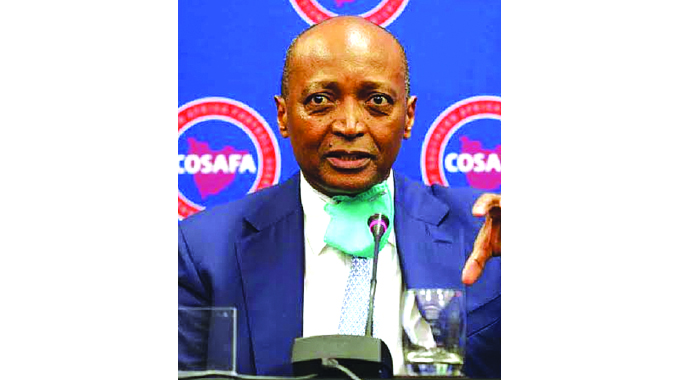Is pay-per-view concept working for the local industry?

Tafadzwa Zimoyo
Senior Arts Reporter
Late last year a local company Gateway Stream Music (GSM) announced the introduction of pay-per-view (PPV) into the local market.
PPV is a system through which audiences access content at a premium; in simple terms it is like paying to attend a live concert but through the internet.
To start off, they had songstress Janet Manyowa’s show an extended play (EP) launch dubbed, Sounds of Victory, at Harare International Conference Centre (HICC).
The show was pegged at $100 or US$1, and exclusive VIP experience at $5 000 or US$50.
The VIP experience was for the 100 limited guests who were to watch the concert live.
The EP was an early Christmas gift to music lovers.
The concert was a huge success and had good lightning stage set up. The concert was organised by Kayse Connect in conjunction with GSM.
Weeks later, GSM organised the much- hyped show which featured giants Jah Prayzah and Winky D.
The two-hour long show was watched by over 2 000 people online, according to their statistics. Recently they hosted Tamy Moyo and Ammara Brown.
More artistes have begun buying into the idea.
The question on everyone’s lips is if the process is feasible and workable for the Zimbabwean market?
Media platforms like Nash TV, Zimpapers Television Network (ZTN), Zimcelebs and Ngoda TV have been giving artistes a chance to market and show their talent while fans can watch for free.
What we also need to consider is that because of the Covid-19 pandemic, a lot of programmes have been affected, hence some music fans are still finding it difficult to purchase data bundles, yet alone go the PPV route.
Some say the PPV is good for the industry because it gives the artistes value for money, and at the same time they know who their real fans are.
Others argue that the PPV format is not user-friendly for a nonentity as some fans are used to just go on social media and it becomes automatic to watch anything you want after logging in, now you have to register and subscribe.
By the way, has those hosting PPV shows checked how many people in Zimbabwe are internet users?
A survey by this reporter revealed that some people do not support the initiative as they are used to free content on the internet.
It is difficult to monetize content that is found for free elsewhere. Some artistes who are hosting PPV shows are performing for free on other platforms.
What is the catch of PPV?
According to the digital music market, while live streaming is surging in the entertainment industry rapidly, content providers are trying to leverage flexible revenue models to maximize profits.
“It was predicted that by 2020, digital music venues will be US$10 billion worldwide – and live streaming will be over half of that. Pretty mind blowing stuff when you think about it,” said Benedicte Guichard of Cleeng Blogsite.
So where are we going wrong as a country when it comes to PPV in the showbiz industry or we are just not yet ready?
GSM communication officer Pride Khumbula said PPV was not a new phenomenon in the arts sector.
“It is not a new concept to Zimbabwe, but has been in existence globally since 1981,” she said.
“We launched ours in December 2020 and to date we have successfully hosted two PPV virtual shows; Janet Manyowa Sounds of Victory and Jah Prayzah and Winky D Best of Both Worlds shows. It is therefore feasible and is the only available option for artistes to host virtual shows in this Covid-19 era. YouTube requires artistes to have 1 000 subscribers and 4 000 viewing hours (approximately 167 days of 24 hours continuous viewing) coupled with adverts on the respective channel/s for artistes to start earning revenue,” she explained.
Khumbula said artistes are able to earn money instantly for every view they get, whether it is one view or 30 views.
“Our vision is to empower artistes for by helping them to monetise their performances. We are currently at the introduction stage of the product life cycle of Gateway Stream Music and it requires significant investment. It is against this background that we have been directly paying the artistes to perform and also meeting the stage set up costs. We are therefore not making any profit yet from the PPV shows,” she said.
Maybe there is still need to fine-tune the system to ensure that other platforms that are sharing free content also embrace the technology because as it stands, the new is subordinate to the old.










Comments